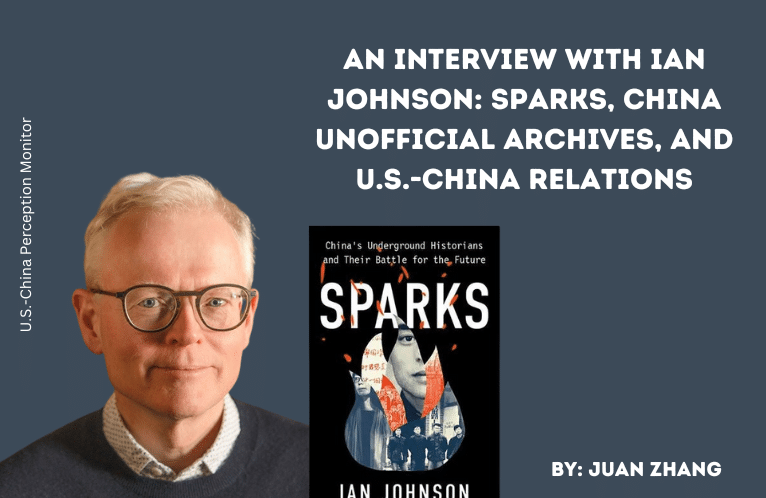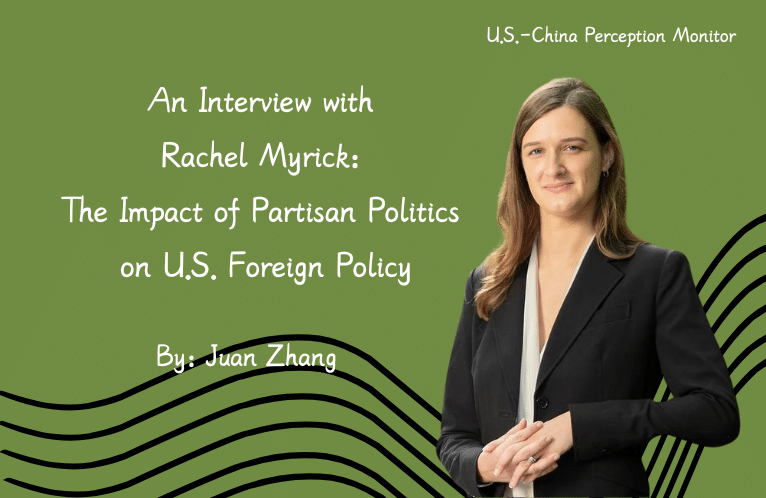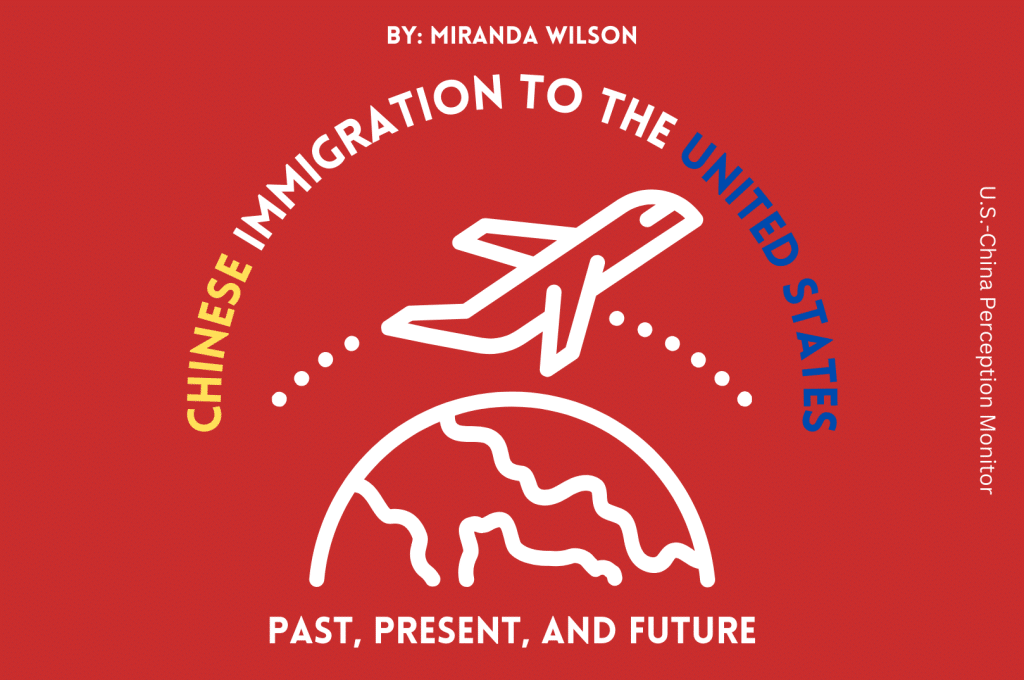When Will China Use Force to Reunite with Taiwan? Hu Xijin Explains His Position
An Interview with Dr. Angel Hsu: Climate Change & U.S.-China Relations
- Interviews
- Miranda Wilson
- 25/04/2024
- 0
On April 9th, 2024 the Carter Center in collaboration with the National Committee on U.S.-China Relations (NCUSCR), Emory Asia Global Collective, and China Research Center hosted a China Town Hall at Emory University. The event included two segments: a keynote speech by Dr. Angel Hsu of the University of North Carolina-Chapel Hill and a live streaming of NCUSCR’s conversation with Deputy Secretary of State Kurt Campbell.
At the event, Dr. Hsu was introduced by Dr. Eri Saikawa, a Winship Distinguished Research Professor in Emory University’s Department of Environmental Sciences. Dr. Hsu gave a keynote speech about the past, present, and future of U.S.-China climate relations, noting avenues for collaboration as well as potential setbacks. After a short question and answer session, attendees viewed the conversation between Deputy Secretary Kurt Campbell and NCUSCR President Stephen Orlins. You can watch the recording of their conversation here.
Dr. Hsu agreed to an email interview with the U.S.-China Perception Monitor that covered some of the topics discussed in her speech. At UNC-Chapel Hill, she is an Associate Professor of Public Policy and the Environment, Ecology and Energy Program, E3P. She is also Founder and Director of the Data-Driven EnviroLab, an interdisciplinary research group that innovates and applies quantitative approaches to pressing environmental issues. Read our interview with her below.
How are the U.S. and China currently cooperating on climate change? What are future avenues of collaboration we might look forward to?
Dr. Angel Hsu: Cooperation between the U.S. and China is happening on several levels – on the national level, the U.S. and China have reengaged with the November 2023 Sunnylands meeting between Presidents Xi and Biden to work together to advance climate action, including an operationalization of a working group to accelerate concrete climate action. They also discussed working together on energy transition, methane, circular economy, subnational cooperation, and deforestation. What’s encouraging about this latest statement is that it provides a broader framework to motivate action on multiple levels, not just at a high level, but also for private and civil society actors to engage as well. It’s certainly needed since we need all hands on deck to deliver on urgent action needed in this decade.
What can the U.S. learn from China in terms of tackling climate-related issues, and vice versa?
Hsu: In terms of what the U.S. can learn from China – green industrial policy. China has had 2-3 decades’ advantage in developing its clean energy technology sector, from solar PV, to wind, EVs, etc. Now the U.S. is trying to play catch up, and we see a convergence in the U.S.’s national climate efforts, which are centered on the Inflation Reduction Act and Infrastructure Bill, which only mention the word “climate change” twice and is focused on centering green manufacturing jobs to incentivize climate action.
In terms of what China can learn from the U.S. – the U.S. has had to deal with issues of just transition – shifting away from coal as a dominant energy source to natural gas and eventually renewables. China, with over 60% of electricity still generated from coal, will also need to dramatically move away from coal for it to meet its climate neutrality goals. This is one area where the two could collaborate and China could perhaps learn from the U.S. experience, although I don’t think the U.S. has necessarily had all of the answers either in terms of ensuring workers formerly employed in these sectors have alternatives.
There is a common mentality among Americans that climate policies are futile if the U.S. is the only country acting, since nations like China and India are also responsible for a high percentage of global emissions. What are the consequences of this kind of mindset, and how can it be overcome?
Hsu: The consequence is action paralysis and the climate challenge becomes that much more difficult for us all – the longer we wait, the longer we delay action. This is what makes climate change a “superwicked problem,” the longer we wait to take action, the costlier and more challenging it becomes to address. Acknowledging that climate change affects every country individually I think is one way to overcome this mindset – and since every country is feeling the effects of climate change, they can no longer excuse it away as a problem that only affects “the other.”
Do you think the competitive nature of the U.S.-China relationship can be used positively to motivate climate change initiatives?
Hsu: It already has – part of the motivation to get votes behind the IRA was to contain/counter China. The idea of the U.S. re-shoring green manufacturing, creating new jobs to counter China’s dominance in these sectors, no matter how futile it may be given China’s dominance, has been huge motiviation for climate action in the U.S.
COP29 will run from November 11th to November 22nd of this year. What should we be on the lookout for?
Hsu: This is not going to be a watershed COP – since it’s being hosted by another petrostate, the view is widely that this is more of a details/implementation COP from last year and people are already looking ahead to when Brazil hosts COP30 and we will have all of the new NDCs submitted, since they are due in Feb. 2025. Personally, I was disappointed by the lack of progress and mention of the Recognition and Accountability Framework from non-state actors that was supposed to be announced and included in the Global Stocktake output from Dubai. Hopefully we will have some progress on this front, since non-state and subnational actors are so critical to where the rubber meets the road on climate initiatives, we need assurance of their implementation and credibility.









